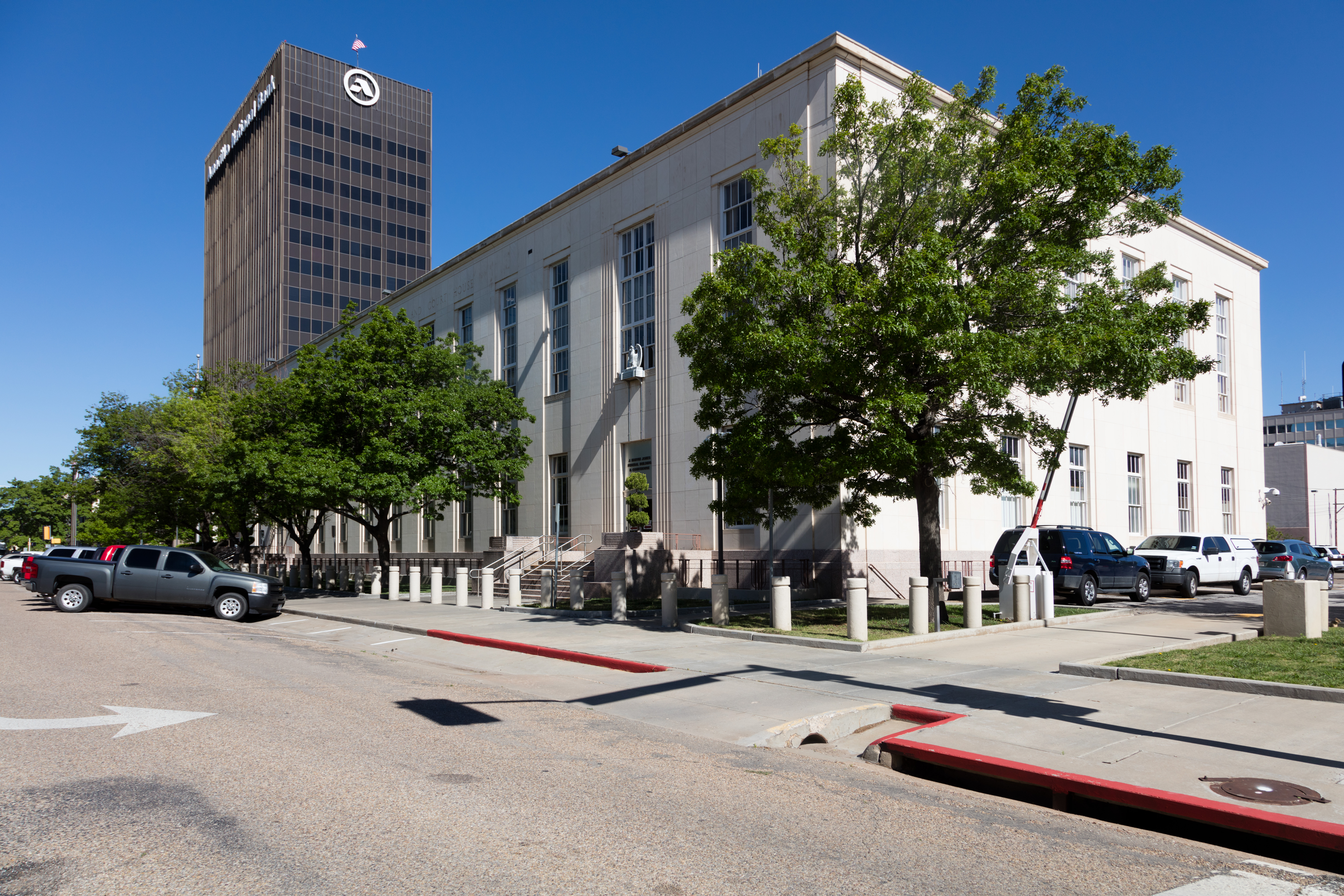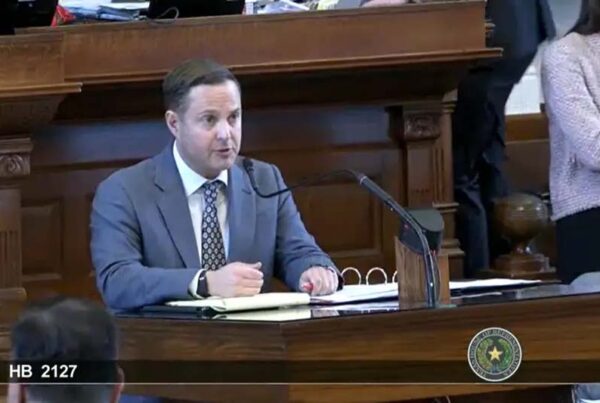The Biden administration is planning to send 1,500 active duty troops to the southern border at the request of the Department of Homeland Security, according to CNN and other outlets.
This also comes a little more than a week before the Biden administration is expected to end the Title 42 policy, which was invoked at the onset of the COVID-19 pandemic and allowed border officials to quickly expel certain migrants.
In anticipation of a surge of border crossings, El Paso and Brownsville have declared states of emergency.
Carla Angulo-Pasel, an assistant professor of political science at the University of Texas – Rio Grande Valley, said the troops are planned to fill administrative roles.
“They will have a supportive role. So they can’t necessarily operate in the law enforcement (capacity), but rather be more monitoring, doing administrative tasks, data entry,” she said. “They will be armed for self-defense purposes, however, not taking part to allow the Border Patrol to do more of the law enforcement angle.”
The idea, Angulo-Pasel said, is to allow Border Patrol to focus on processing people that are coming through the border and reassign some of the administrative work that goes along with that.
The addition of troops at the border has drawn some criticism, mostly from the left.
“Critics are saying that it will, of course, increase militarization at the border, play into the fear mongering at the border and so forth,” Angulo-Pasel said. “While Republicans typically, like I heard Gov. Abbott saying it’s not enough – that they need more numbers and there’s a crisis. So it really does become somewhat of a political game, I think, overall between those that are Republican and those that are Democrats. And Biden, of course, seeking a second term, seeing where that all fits into the political narrative that’s going on right now at the border.”
El Paso mayor Oscar Leeser has said the city is already seeing an increased number of migrants crossing the border, Angulo-Pasel said
“I think part of the problem is that perhaps we’re investing a lot on the enforcement side of things rather than on the processing side. So we know that there are still up to upwards of two years of wait to get these cases processed and that the more people that come, the more people have to go into a system. And the system is just slowing down because of the people and the dismantling of the asylum system with the Trump administration,” she said. “All of those things are playing into the actual numbers that we’re seeing in El Paso.”
Angulo-Pasel said another factor at play is the disinformation being spread at the border about upcoming policy changes.
“There has been a lot of human smuggling and coyotes and so forth who perpetuate this kind of ‘it will be an open border. You should go now.’ And so I think that plays into the whole narrative of people coming up, even though it has been consistently said by this administration that that won’t be the case,” she said. “That’s why there’s all these parameters: CBP One – the app – and all sorts of things that have been put through for people not to try and do that, but yet the disinformation coming from the other side, from these other groups, are taking hold a lot through social media.”
Angulo-Pasel said the addition of more troops will likely lead to increased feelings of militarization and surveillance in border areas.
“I feel that the increased militarization specifically is going to impact border communities where residents live actively, like myself, already having to endure this kind of militarized zones in different areas, because we live close to the border,” she said. “So I think this will impact a lot on the actual residents that live here and in terms of migrants forcing them obviously into more remote areas as well, and which could lead to deaths and so forth.”













